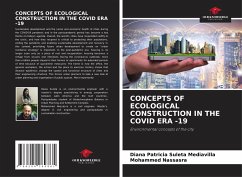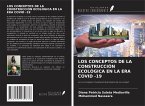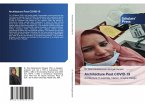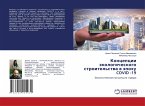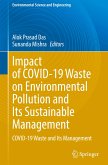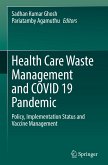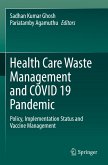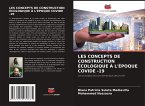Sustainable development and the social and economic health of cities during the COVID-19 pandemic and in the post-pandemic period has become a key theme on today's agenda. Overall, the world's cities have responded swiftly to the crisis, and how they respond is critical to protecting their populations, ending the pandemic and enabling sustainable development and recovery. In this context, prioritizing future urban development to create an "urban resilience strategy" is important. In the post-pandemic era, housing is no longer seen only as a place of rest and recuperation: housing becomes a refuge from viruses and infections. During the coronavirus outbreak, more than a billion people stayed in their homes or apartments for extended periods of time because of quarantine measures. The home is now the office, the general workplace, the school and the place to exercise. History shows that disease epidemics change the spatial and functional structure of cities and their engineering structure. This forces urban planners to take a new look at urban planning and organization of public spaces. Most importantly
Bitte wählen Sie Ihr Anliegen aus.
Rechnungen
Retourenschein anfordern
Bestellstatus
Storno

